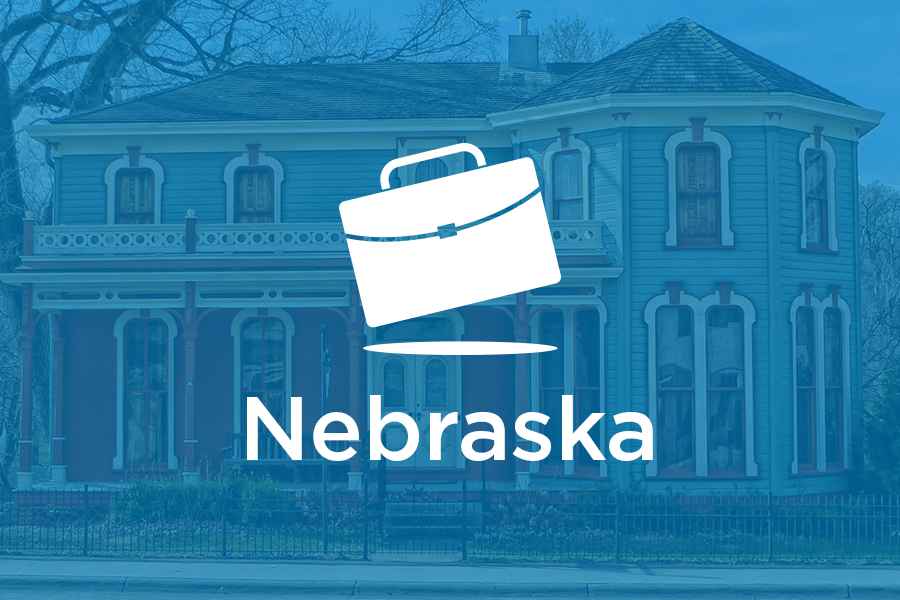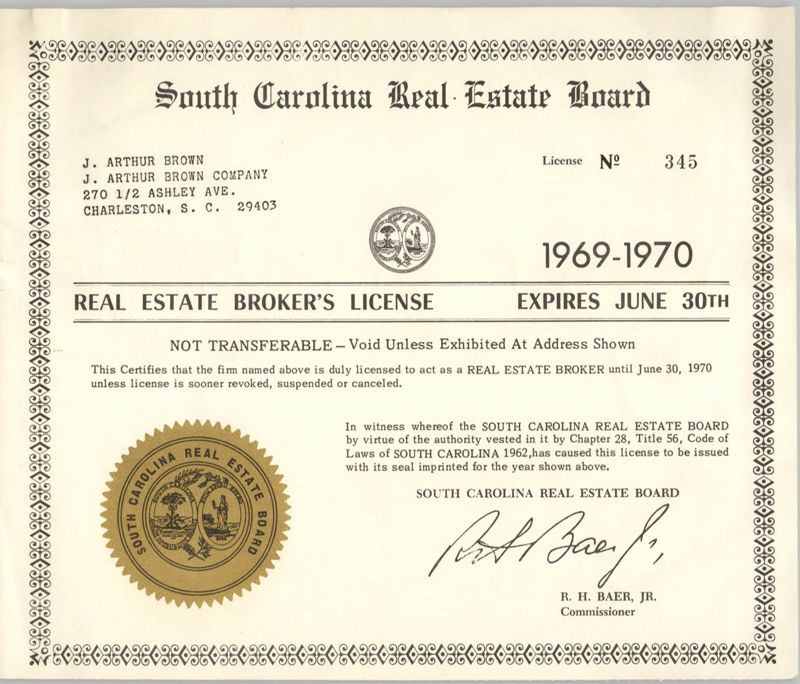
Minnesota requires you to meet certain criteria before you can receive a license as a real estate agent. Minnesota Commerce Department wants to ensure that all real estate agents are licensed and competent to work in the state. The requirements include being at least eighteen years old and U.S. citizens or lawfully admitted aliens. Although citizenship is not an issue for most people, it could be a problem for those with criminal histories, unpaid judgments or disciplinary actions that are against their professional license. It is possible to refuse a license if you engage in illegal real estate activities.
Pre-license education
Pre-license training is an important part in becoming a Minnesota licensed real estate agent. It can increase your chances for passing the exam, and it will also help you avoid having to take it again. In Minnesota, it takes four months to become licensed as a real estate agent. Pre-licensing is contingent on passing the exam, passing the education course and being sponsored by a licensed brokerage.
Online pre-license courses are a great way to get your Minnesota real estate license. There are three courses of 30 hours that can help you earn your license. These courses include topics like real estate principles, valuation, financing, and many other topics. The course can also be completed online via ContinuingEd Express. They offer both online and live streaming courses.

You must continue your education
Minnesota real-estate salespeople must complete a minimum of fifteen hours annually in continuing education. Over a two-year period, that's 30 hours. You can complete the required CE in real estate through a variety of methods, including online classes or on-demand webinars. Kaplan provides both live and on-demand classes to fulfill the state's continuing educational requirements. Kaplan's online courses have been approved for 3.75 hour real estate CE.
The Minnesota Real Estate Commission has adopted a new system for real estate CE credit. Real estate licensees must take at least eight hours worth of continuing education per day. However, they can only complete no more that 15 hours within 24 hours. In order to meet Minnesota's continuing education requirements, brokers and salespeople must complete a pre-licensing CE module each year. These courses offer 3.75 hours of CE credit, and they must be completed before June 30, 2022. You can also take the course online, even if you don't have a live instructor. While most courses can be completed on your own, some are streamed live. Exam prep courses cover the state and national parts of the Minnesota licensing exams.
Exam
Minnesota's real estate licensing exam is required in order for a person to practice. This exam helps to protect the public as it ensures that each person has a certain level or competence. The state regulatory agency sets a standard for safe practice, and the examination is designed to verify whether an individual complies with that standard. Pearson VUE administers the Minnesota real estate licensing exam.
Minnesota real estate license applicants must have passed a prelicense education course and a state exam to be eligible for it. The state requires that applicants are at least 18 years of age and a legal permanent resident of the United States. Minnesota has reciprocity agreements in place with many other states, including Wisconsin. Minnesota doesn't require you to complete a prelicensing training course if your state is a reciprocal one. You can apply through the PULSE Portal and email a letter certifying your current license and pass the state portion of the exam. In Wisconsin, however, you must take a 13-hour Wisconsin-to-Minneseta prelicensing course.

Cost
You must first obtain a Minnesota license to be a real-estate agent. The process is virtually completely online, with the exception of the actual exam, which must be taken in person. This article will give you the details of the process, including the cost and time it will take. We will also talk about the exam content and offer some resources for further information.
The state of Minnesota requires that all real estate agents complete at least 90 hours of pre-licensing education. These can be obtained online or through classroom courses. On-demand online courses are usually the most cost-effective. Three courses are usually included in a package, and they typically cost $200-$300.
FAQ
What is the cost of replacing windows?
The cost of replacing windows is between $1,500 and $3,000 per window. The cost of replacing all your windows will vary depending upon the size, style and manufacturer of windows.
How can I eliminate termites & other insects?
Over time, termites and other pests can take over your home. They can cause serious damage to wood structures like decks or furniture. This can be prevented by having a professional pest controller inspect your home.
Should I use a broker to help me with my mortgage?
A mortgage broker may be able to help you get a lower rate. Brokers have relationships with many lenders and can negotiate for your benefit. Some brokers do take a commission from lenders. Before you sign up for a broker, make sure to check all fees.
What are the key factors to consider when you invest in real estate?
The first thing to do is ensure you have enough money to invest in real estate. You can borrow money from a bank or financial institution if you don't have enough money. Aside from making sure that you aren't in debt, it is also important to know that defaulting on a loan will result in you not being able to repay the amount you borrowed.
Also, you need to be aware of how much you can invest in an investment property each month. This amount should cover all costs associated with the property, such as mortgage payments and insurance.
Finally, ensure the safety of your area before you buy an investment property. It would be a good idea to live somewhere else while looking for properties.
What should I be looking for in a mortgage agent?
Mortgage brokers help people who may not be eligible for traditional mortgages. They compare deals from different lenders in order to find the best deal for their clients. Some brokers charge a fee for this service. Others provide free services.
How much money do I need to save before buying a home?
It all depends on how long your plan to stay there. Save now if the goal is to stay for at most five years. However, if you're planning on moving within two years, you don’t need to worry.
How can I determine if my home is worth it?
It could be that your home has been priced incorrectly if you ask for a low asking price. If your asking price is significantly below the market value, there might not be enough interest. To learn more about current market conditions, you can download our free Home Value Report.
Statistics
- This seems to be a more popular trend as the U.S. Census Bureau reports the homeownership rate was around 65% last year. (fortunebuilders.com)
- Based on your credit scores and other financial details, your lender offers you a 3.5% interest rate on loan. (investopedia.com)
- The FHA sets its desirable debt-to-income ratio at 43%. (fortunebuilders.com)
- 10 years ago, homeownership was nearly 70%. (fortunebuilders.com)
- Private mortgage insurance may be required for conventional loans when the borrower puts less than 20% down.4 FHA loans are mortgage loans issued by private lenders and backed by the federal government. (investopedia.com)
External Links
How To
How do you find an apartment?
Moving to a new place is only the beginning. This takes planning and research. This includes researching the neighborhood, reviewing reviews, and making phone call. You have many options. Some are more difficult than others. Before renting an apartment, you should consider the following steps.
-
Online and offline data are both required for researching neighborhoods. Online resources include Yelp. Zillow. Trulia. Realtor.com. Other sources of information include local newspapers, landlords, agents in real estate, friends, neighbors and social media.
-
Read reviews of the area you want to live in. Yelp, TripAdvisor and Amazon provide detailed reviews of houses and apartments. You can also find local newspapers and visit your local library.
-
To get more information on the area, call people who have lived in it. Ask them about what they liked or didn't like about the area. Ask for recommendations of good places to stay.
-
Take into account the rent prices in areas you are interested in. Consider renting somewhere that is less expensive if food is your main concern. You might also consider moving to a more luxurious location if entertainment is your main focus.
-
Find out information about the apartment block you would like to move into. It's size, for example. What is the cost of it? Is it pet-friendly What amenities do they offer? Are there parking restrictions? Do you have any special rules applicable to tenants?